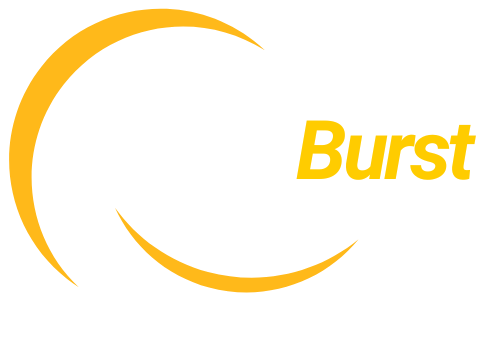Blockchain: Securing Transparent Digital Transactions
Blockchain technology is revolutionizing the digital landscape by providing a secure, transparent, and decentralized way to record transactions. Originally developed as the underlying technology for Bitcoin, blockchain has evolved into a powerful tool with applications spanning various industries, ensuring the integrity and security of digital transactions.
WHAT IS BLOCKCHAIN?
At its core, blockchain is a distributed ledger technology that records transactions across multiple computers in a way that ensures the data cannot be altered retroactively. Each block in the chain contains a list of transactions and is linked to the previous block through cryptographic hashes, creating a secure and immutable record.
KEY FEATURES OF BLOCKCHAIN
- Decentralization Blockchain operates on a decentralized network of computers (nodes), which means no single entity has control over the entire network. This reduces the risk of centralized points of failure and enhances security.
- Transparency All transactions recorded on the blockchain are visible to all participants in the network. This transparency fosters trust and accountability, as every transaction can be independently verified.
- Security Blockchain uses advanced cryptographic techniques to secure data. Each block is linked to the previous one through a cryptographic hash, making it virtually impossible to alter the data without changing all subsequent blocks.
- Immutability Once a transaction is recorded on the blockchain, it cannot be changed or deleted. This immutability ensures the integrity of the data and prevents fraud.
APPLICATIONS OF BLOCKCHAIN
- Finance Blockchain’s most well-known application is in cryptocurrencies like Bitcoin and Ethereum. Beyond cryptocurrencies, blockchain enables secure and efficient cross-border payments, reducing the need for intermediaries and lowering transaction costs.
- Supply Chain Management Blockchain enhances transparency and traceability in supply chains by recording every step of the product journey. This helps in verifying the authenticity of products and ensuring ethical sourcing.
- Healthcare Blockchain secures patient data, ensuring privacy and allowing secure sharing of medical records among authorized parties. This enhances patient care and facilitates medical research.
- Voting Systems Blockchain can be used to develop secure and transparent voting systems, reducing the risk of electoral fraud and increasing voter trust in the process.
CONCLUSION
Blockchain technology is transforming the way digital transactions are conducted by providing a secure, transparent, and decentralized framework. Its applications in finance, supply chain management, healthcare, and voting systems demonstrate its potential to revolutionize various industries. As blockchain continues to evolve, it will undoubtedly play a crucial role in shaping the future of secure digital transactions, fostering greater trust and efficiency in the digital world. Embracing blockchain is essential for businesses and governments looking to leverage this groundbreaking technology for enhanced security and transparency.







